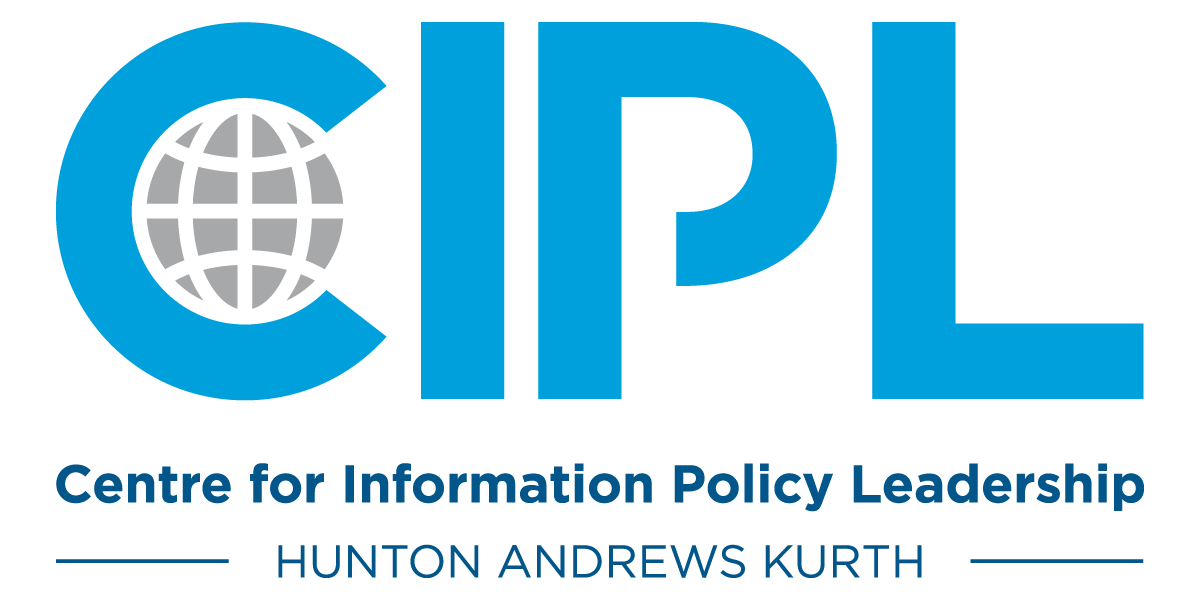On December 12, 2023, the Centre for Information Policy Leadership at Hunton Andrews Kurth LLP (“CIPL”) released a new white paper on Privacy-Enhancing and Privacy-Preserving Technologies: Understanding the Role of PETs and PPTs in the Digital Age.
The paper explores how organizations are approaching PETs, how PETs can advance data protection principles and provides examples of how specific types of PETs work. It also explores potential challenges to the use of PETs and possible solutions to those challenges.
CIPL emphasizes the enormous potential inherent in these technologies to mitigate privacy risks and support innovation and recommends a number of steps to foster further development and adoption of PETs. In particular CIPL calls for policymakers and regulators should to incentivize the use of PETs through more and clear guidance on key legal concepts that impact the use of PETs, and by adopting a pragmatic approach to the application of these concepts.
CIPL’s recommendations towards wider adoption are as follows:
The paper explores how organizations are approaching PETs, how PETs can advance data protection principles and provides examples of how specific types of PETs work. It also explores potential challenges to the use of PETs and possible solutions to those challenges.
CIPL emphasizes the enormous potential inherent in these technologies to mitigate privacy risks and support innovation and recommends a number of steps to foster further development and adoption of PETs. In particular CIPL calls for policymakers and regulators should to incentivize the use of PETs through more and clear guidance on key legal concepts that impact the use of PETs, and by adopting a pragmatic approach to the application of these concepts.
CIPL’s recommendations towards wider adoption are as follows:
- Issue regulatory guidance and incentives regarding PETs: Official regulatory guidance addressing PETs in the context of specific legal obligations or concepts (such as anonymization) will incentivize greater investment in PETs.
- Increase education and awareness about PETs: PET developers and providers need to show tangible evidence of the value of PETs and help policymakers, regulators, and organizations understand how such technologies can facilitate responsible data use.
- Develop industry standards for PETs: Industry standards would help facilitate interoperability for the use of PETs across jurisdictions and help codify best practices to support technical reliability to foster trust in these technologies.
- Recognize PETs as a demonstrable element of accountability: PETs complement robust data privacy management programs and should be recognized as an element of organizational accountability.

 RSS Feed
RSS Feed

